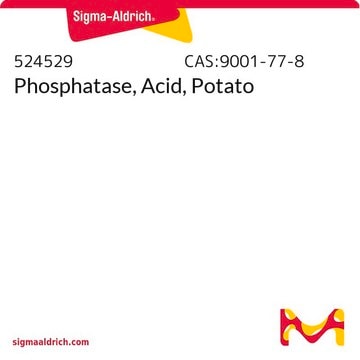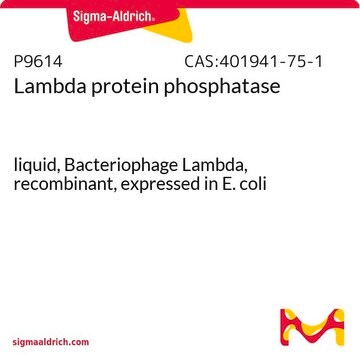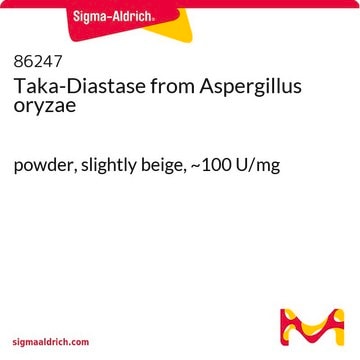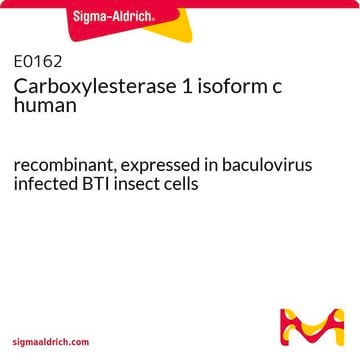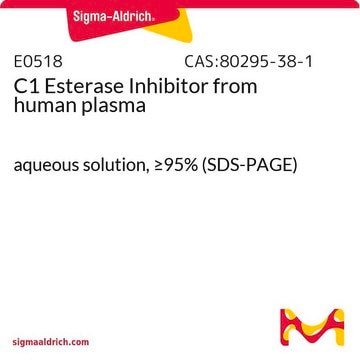P1146
Phosphatase, Acid from potato
lyophilized powder, ≥3.0 units/mg solid
Synonym(s):
(Orthophosphoric-monoester phosphohydrolase acid optimum), Acid Phosphatase from potato
About This Item
Recommended Products
form
lyophilized powder
specific activity
≥3.0 units/mg solid
mol wt
69 kDa
shipped in
wet ice
storage temp.
−20°C
InChI
1S/C6H10O2/c1-3-4-8-5-6(2)7/h1,6-7H,4-5H2,2H3
InChI key
GZCWLCBFPRFLKL-UHFFFAOYSA-N
Looking for similar products? Visit Product Comparison Guide
General description
Application
Biochem/physiol Actions
Unit Definition
Signal Word
Danger
Hazard Statements
Precautionary Statements
Hazard Classifications
Resp. Sens. 1
Storage Class Code
11 - Combustible Solids
WGK
WGK 3
Flash Point(F)
Not applicable
Flash Point(C)
Not applicable
Personal Protective Equipment
Certificates of Analysis (COA)
Search for Certificates of Analysis (COA) by entering the products Lot/Batch Number. Lot and Batch Numbers can be found on a product’s label following the words ‘Lot’ or ‘Batch’.
Already Own This Product?
Find documentation for the products that you have recently purchased in the Document Library.
Customers Also Viewed
Protocols
Enzymatic Assay of Acid Phosphatase (EC 3.1.3.2)
Our team of scientists has experience in all areas of research including Life Science, Material Science, Chemical Synthesis, Chromatography, Analytical and many others.
Contact Technical Service



